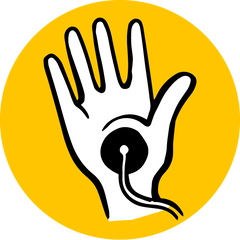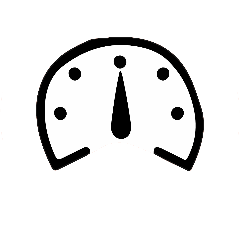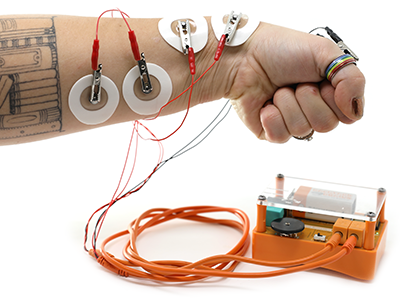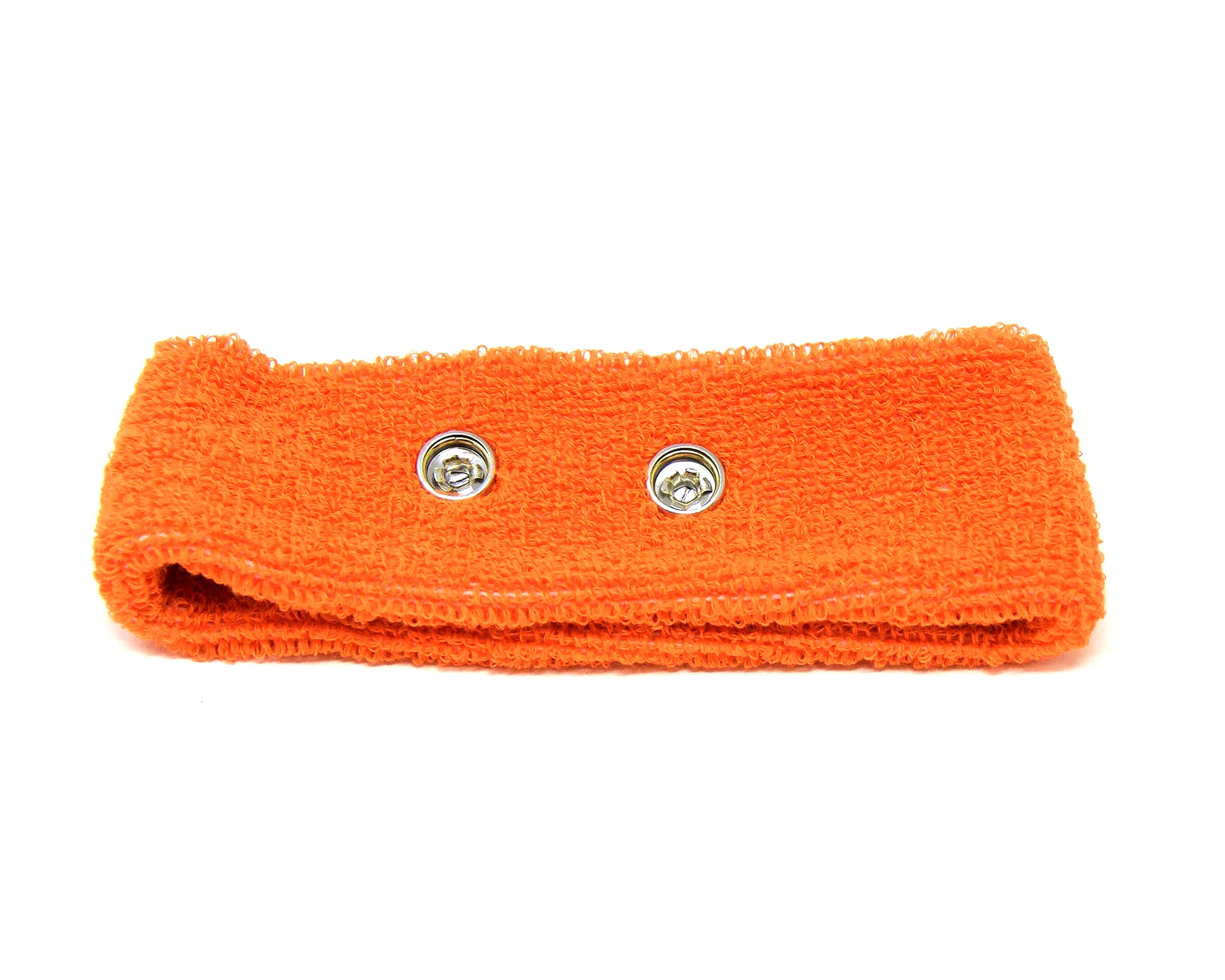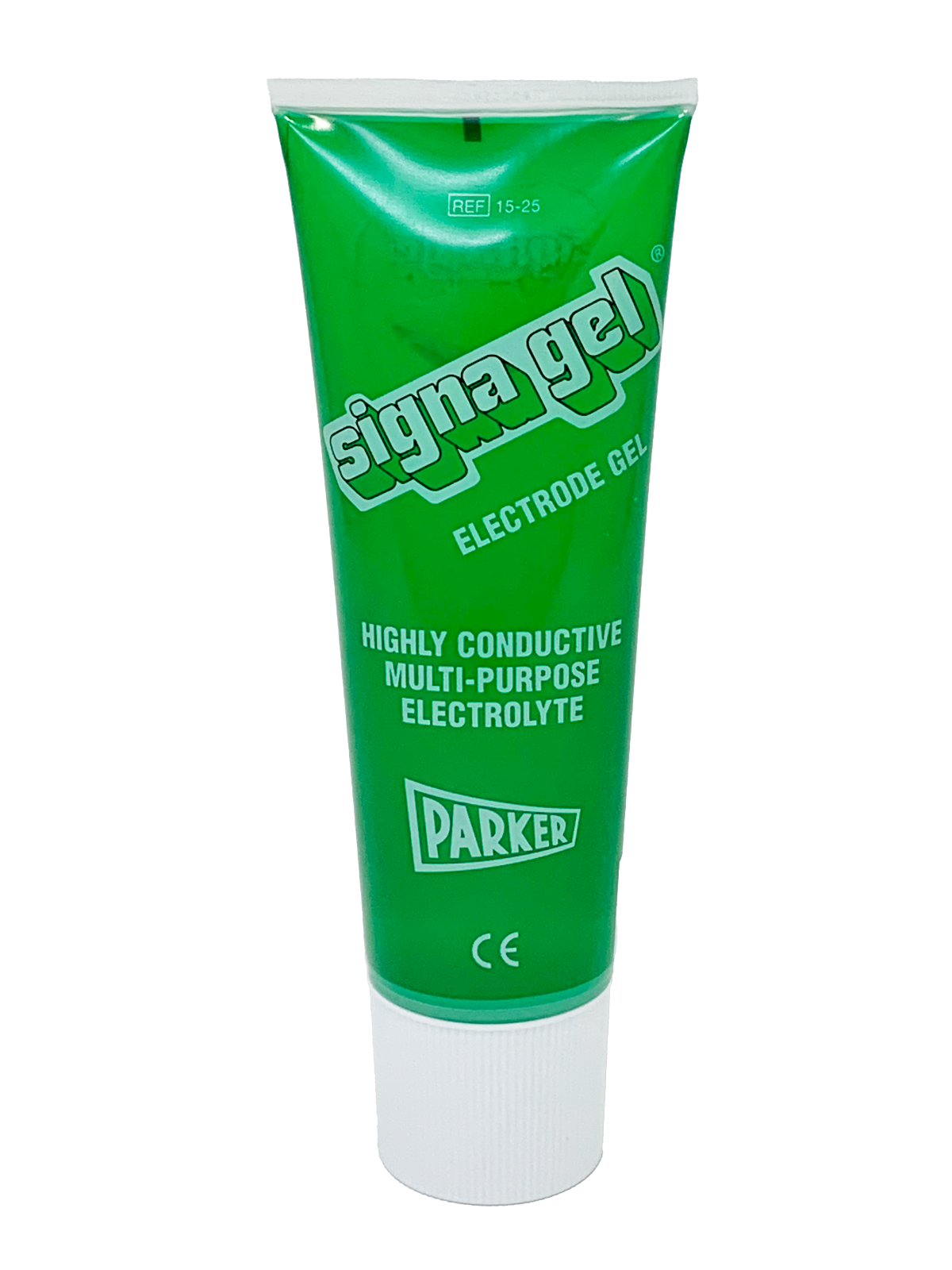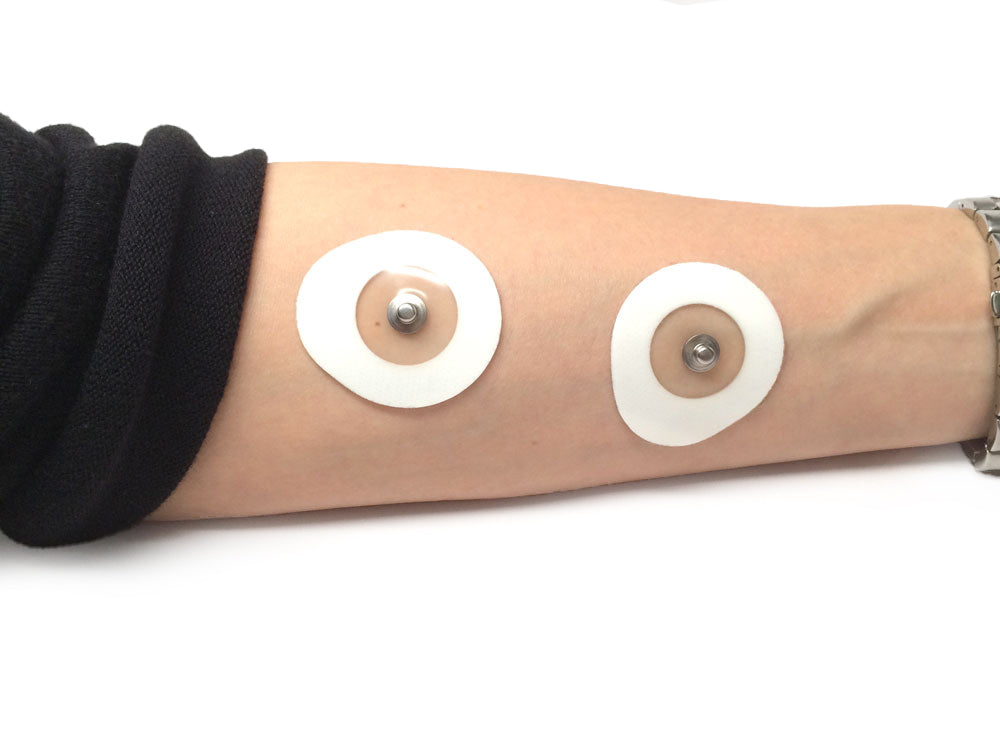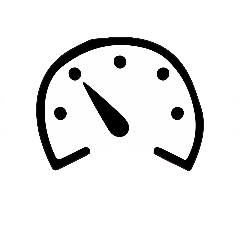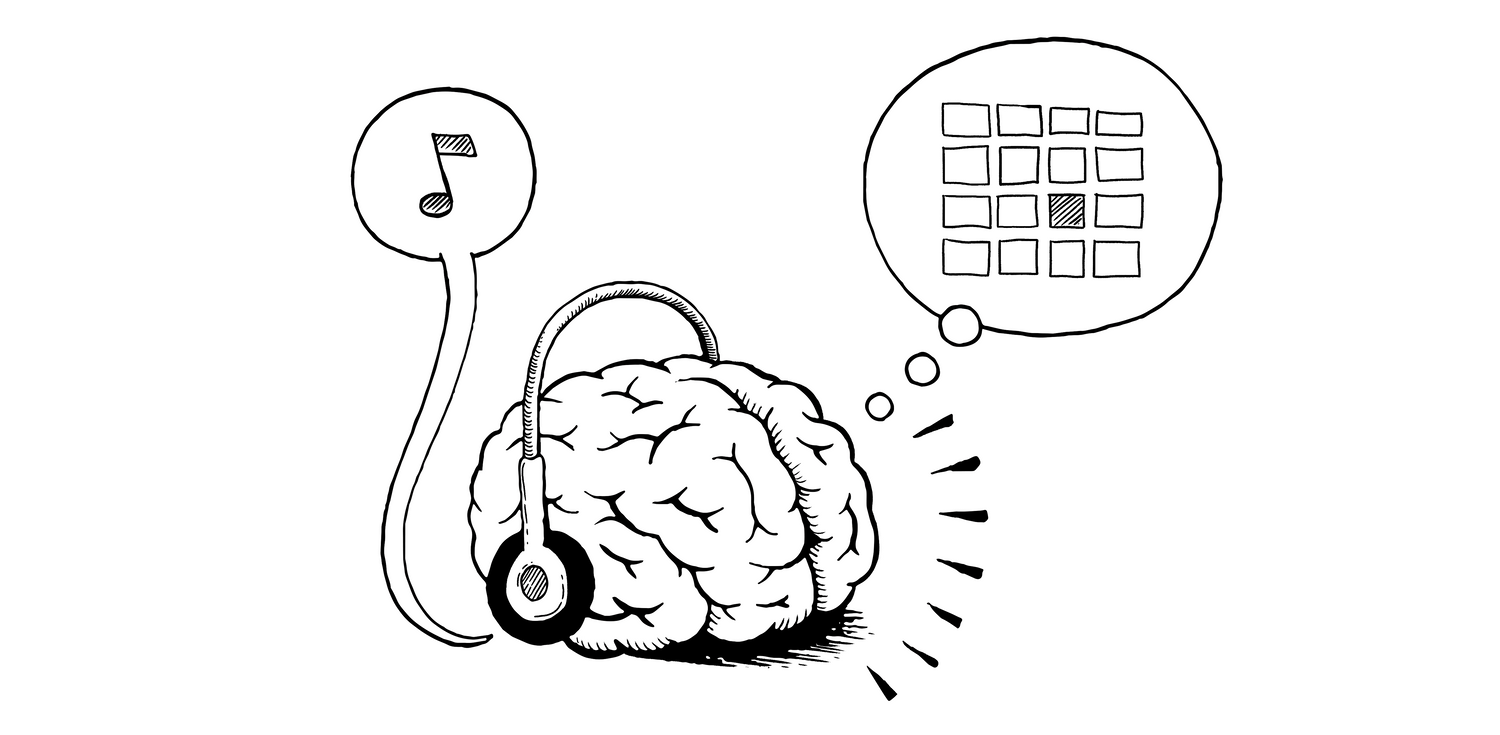
Study While You Sleep - Targeted Memory Reactivation

Ever wondered if you could boost your memory simply by sleeping? This experiment explores how subtle auditory cues during deep sleep can strengthen your memories. Using Targeted Memory Reactivation (TMR), you'll learn how brain waves and behavior come together during sleep to enhance memory performance.
About experiment
What Will You Learn?
- How auditory cues during deep sleep can enhance memory recall.
- The relationship between EEG oscillations during slow-wave sleep and memory consolidation.
- How to design experiments linking brain activity to behavioral memory performance.
Background
During slow-wave sleep, your brain enters a powerful phase for memory consolidation, marked by low-frequency EEG delta waves. Targeted Memory Reactivation (TMR) plays previously learned sounds during these stages, subtly enhancing memory for associated items. In this experiment, you'll pair images with sounds and test how overnight cueing affects recall after a nap.
Procedure
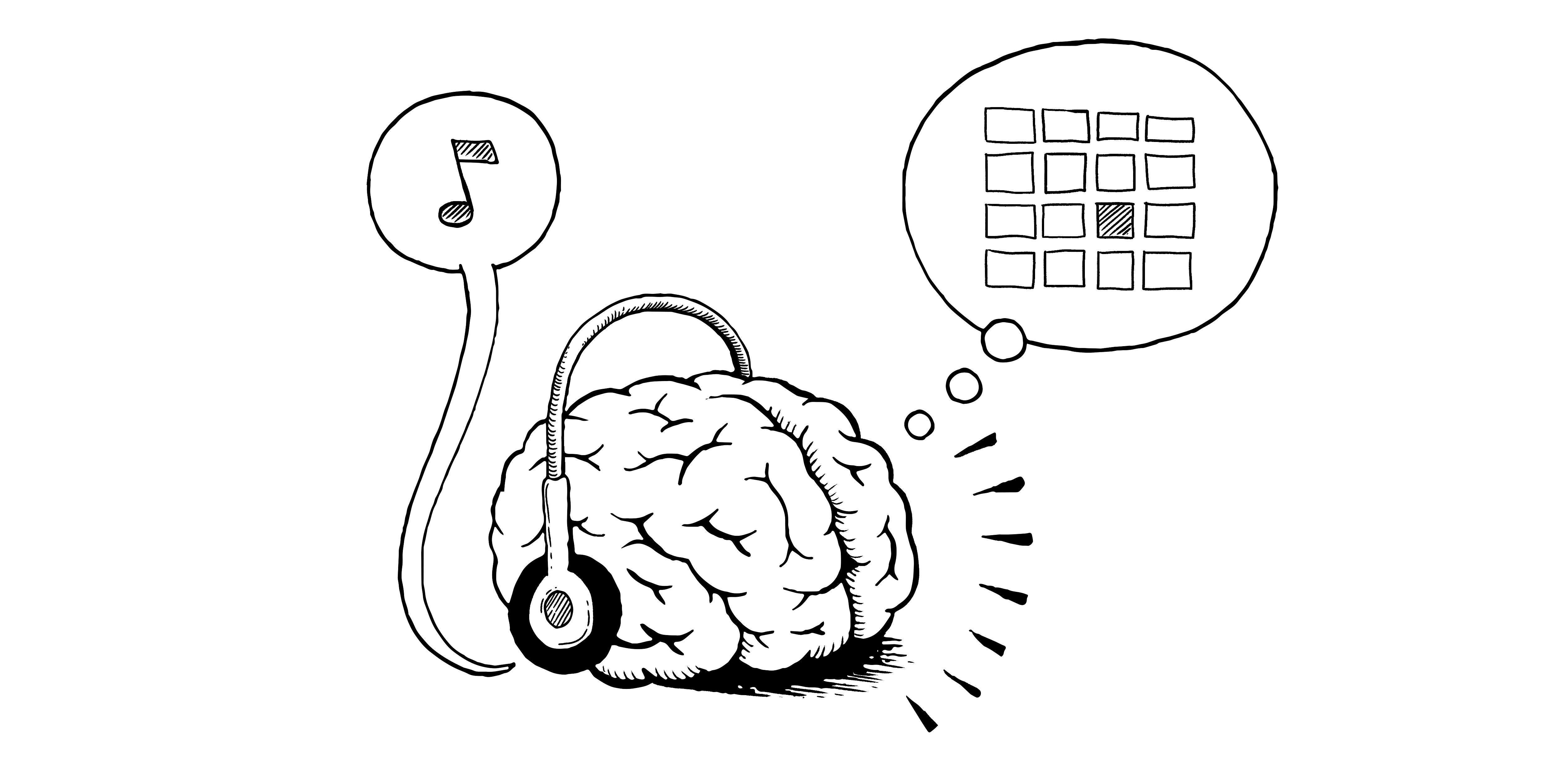
Preparation:
- Install the Backyard Brains TMR app on an iPad. This app pairs images with unique sound effects for memorization.
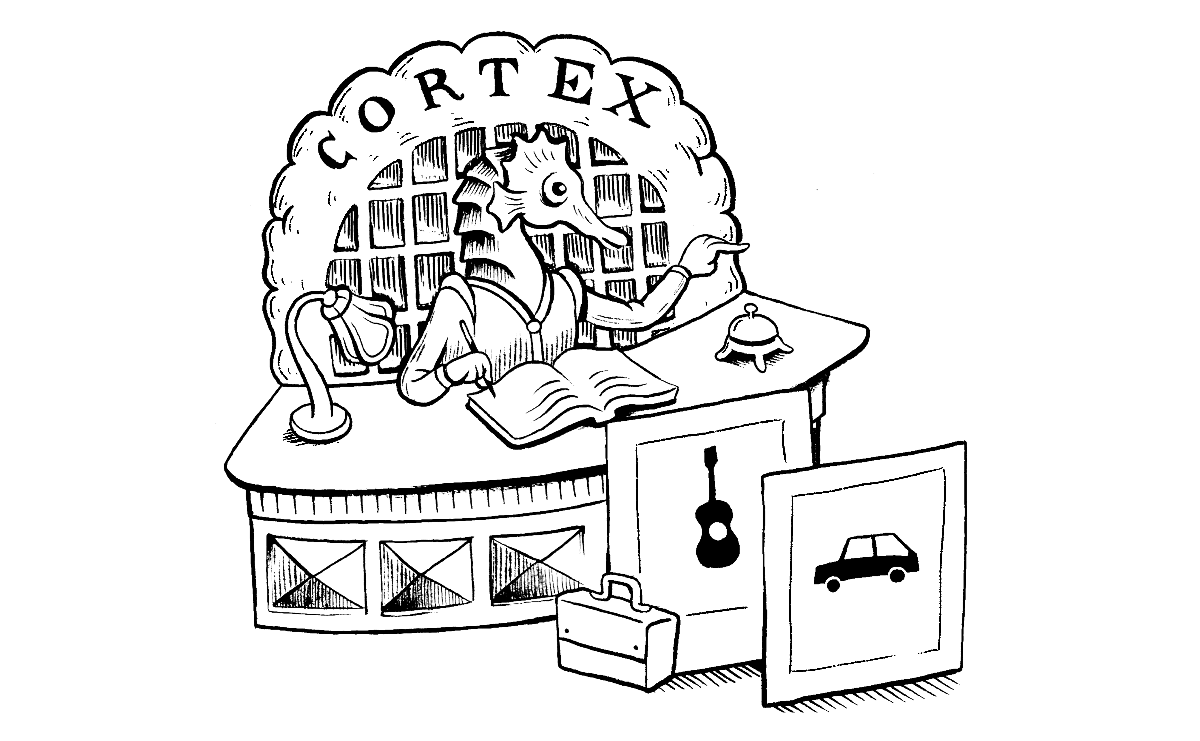
Memory Encoding Phase (Pre-Nap):
Follow on screen instructions in the app to have your subject
- Study a grid of image-sound pairs until memorized.
- Play the matching game to reinforce memory and learn
- After a few practices. Your subject will perform a final "pre-nap" game. This will be used to measure how much they remember after the nap.
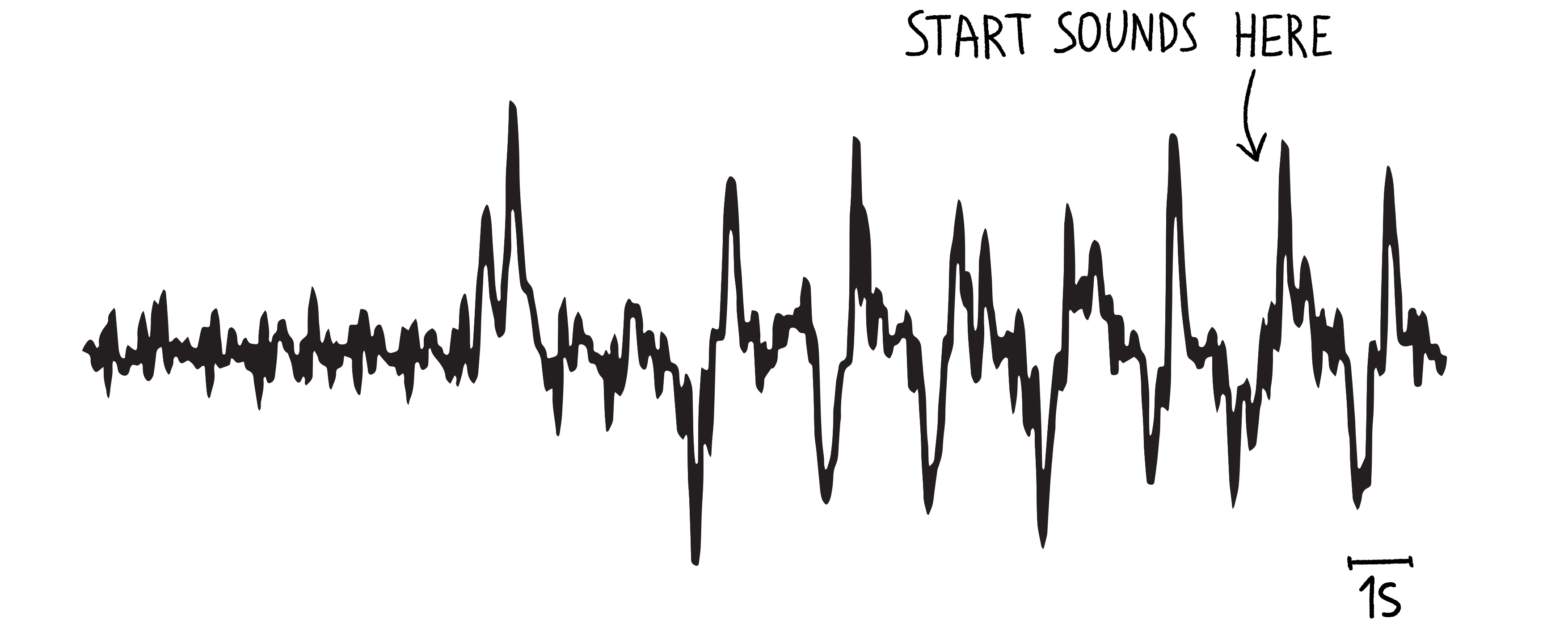
Sleep & Cue Presentation:
- Record EEG during a 90-minute nap session and wait for Alpha Waves. Electrodes can be placed comfortably on the head. You will see the alpha waves from almost anywhere (they are big).
- Once detected, play auditory cues at low volume during slow-wave sleep without waking the subject. Note: Only 50% of the sounds from the game (we call these cued-sounds) where 50% are not (uncued-sounds). This allows us to see if the sounds help memory.
Wake up the subject after 90m if they dont wake up by then. Have them do a post-nap test to see what they remember!
Results & Analysis
Compare memory performance between cued and non-cued image-sound pairs. Analyze whether auditory cues during sleep improved recall accuracy or response time. Explore how EEG slow-wave timing aligns with cue presentation and memory enhancement.
-
Related Products
